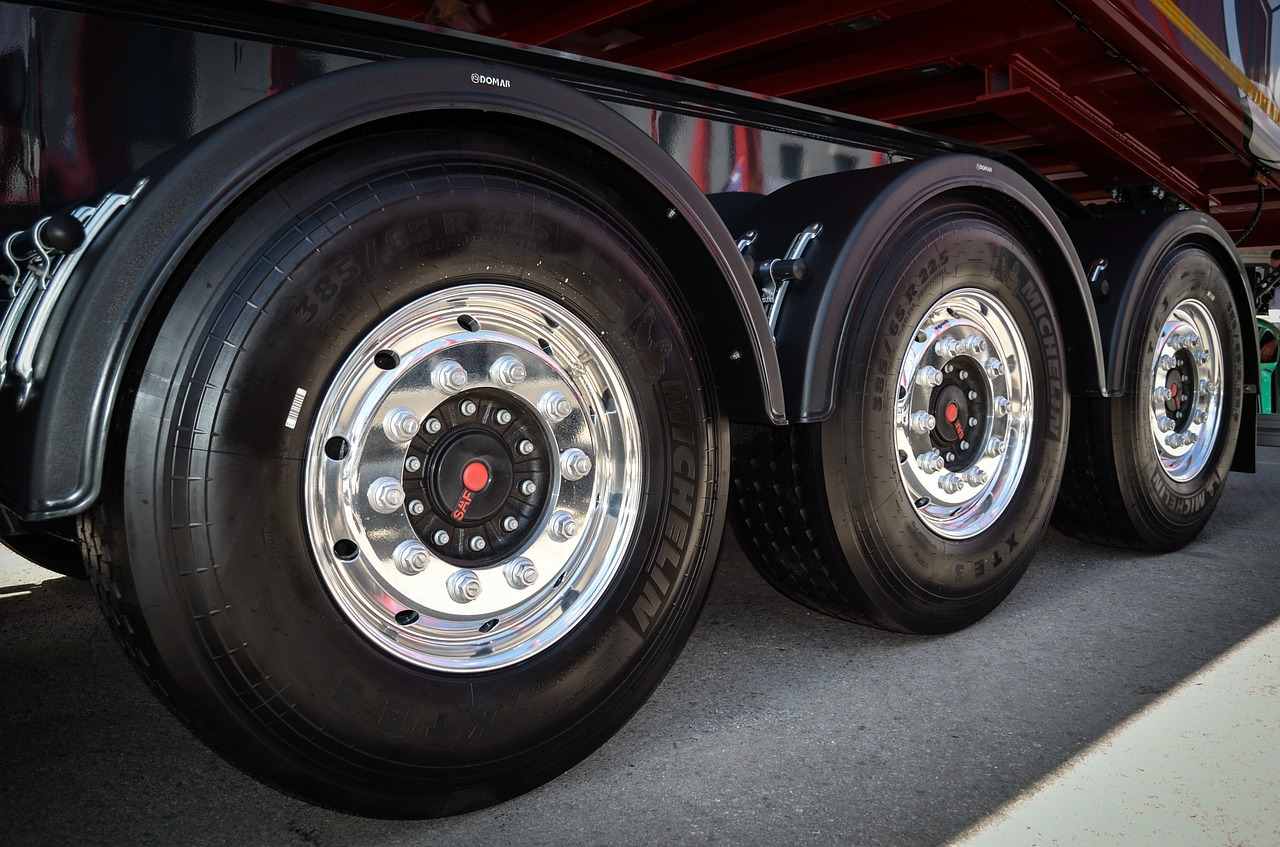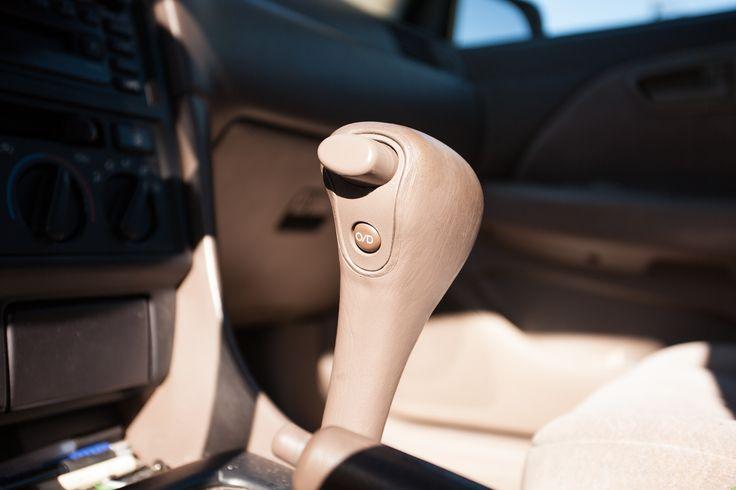How Much Does a Tire Weigh? Comparing Different Types
How much does a tire weigh? What’s the average weight of a car tire or tractor tire? Many people ask themselves these questions when they are in the market for new tires. You might not have thought about this question before, but it turns out there are a lot of different types.
The weight of tire can vary depending on what type of material it’s made from and how big it is. Let’s take a look at some different types of tires and talk about how heavy each one is.
How Much Does a Tire Weigh?
If you are going to be hauling around heavy equipment in tractors or trucks, you need tires with more weight capacity. If you drive mostly on paved roads and have an average-sized car, then lighter-weight tires will work better for you. Here we’ll take a look at how different types of tires measure up in terms of their weights!
Car Tire Weight
Passenger car tires are usually around 20 to 22 pounds each because they don’t carry as much weight on them to get around as trucks do! That makes sense since people in cars need less traction than truckers who need to drive over rough terrain with heavy cargo loads. The lightest is the 155/70 R13 model with around 14 pounds of weight.
No tire fits all types of passenger cars. Various types and models of vehicles use different tires. A small city car like Hyundai i10 or Kia Picanto uses 13-inch lighter tires while SUVs and sports cars use bigger and heavier 20-inch models.
How Much Does a Truck Tire Weigh?
Truck tires could be of different types, so their weight also varies. Of course, heavy-duty vehicles have more durable, heavier tires than their lighter counterparts.

Light-duty Truck Tires
The tires of light-duty trucks, pickups, and SUVs, are usually over 35 pounds and can be around 80 pounds. These tires are significantly heavier than passenger car tires because of their higher cargo-carrying capacity.
Commercial Truck Tires
These big rigs have heavier tires than the lighter ones. The weight can range somewhere between 100 and over 300 pounds. The total weight is a combination of the tire and wheel. Commercial trucks need super strong tires that can help them get around like a boss on all sorts of terrains.
How much does a tire weigh? Now, you might be wondering which one is best for your vehicle. Some factors to consider include local climate conditions, driving style (aggressive or conservative), and of course budget. Looking into these factors will help you figure out which tires will work best on your car.
Why Do Tires Weigh So Much?
How heavy is a tire? So, you know that they can be anything from light to quite heavy depending on their types. But what’s the reason behind their weight?
Tires weigh so much because they are made of rubber and steel. It’s not just the weight of the materials themselves, but also how those materials react to things like heat or fluids.
A tire is held together by a thread around an inner tube — it has a lot more material than you would think. And then there are the sidewalls with their elaborate tread patterns and reinforcements for all-terrain performance (or protection against punctures). All told, this adds up to quite a bit of heft in your typical passenger car tire.
The heavier-duty tires on trucks have even more layers. They’re thicker at the base where contact with rough roads takes place. Higher-quality ones have extra reinforcing layers.
There are also different types of tires, which can be lightweight or heavy depending on their uses. A racing tire is thin and light by design to provide traction in the turns; while lug-style tires have steel studs embedded in their exterior tread that help drivers grip icy roads without slipping.
SEE MORE
- Which One Should I Pick: Michelin Defender Vs Premier Tire?
- Lowering the Spare Tire in 7 Simple Steps (No Heavy Tools!)
Tire’s Weight Rating and the Load Capacity
The size and type of tires will affect how much your car weighs too. So, how do we know if our tire’s weight rating matches the load capacity? This typically falls into two categories: GVWRs (gross vehicle weight ratings), and payload capacities.
The GVWR tells you how much total weight your vehicle can handle before it is considered overloaded and won’t operate properly or safely. Your payload capacity will take into account your GVWR, plus additional items like passengers, luggage, tools, towing attachments, etc. Different makes and models may vary significantly in terms of how many pounds they’re rated to carry.
Conclusion
How much does a tire weigh? It mainly depends on the type of tires you are using. Since different car models use different tire variations, you will find them in various weight categories. To prevent accidents and maintain your safety, you must know how heavy your vehicle will be loaded to not go too far above the limit.














